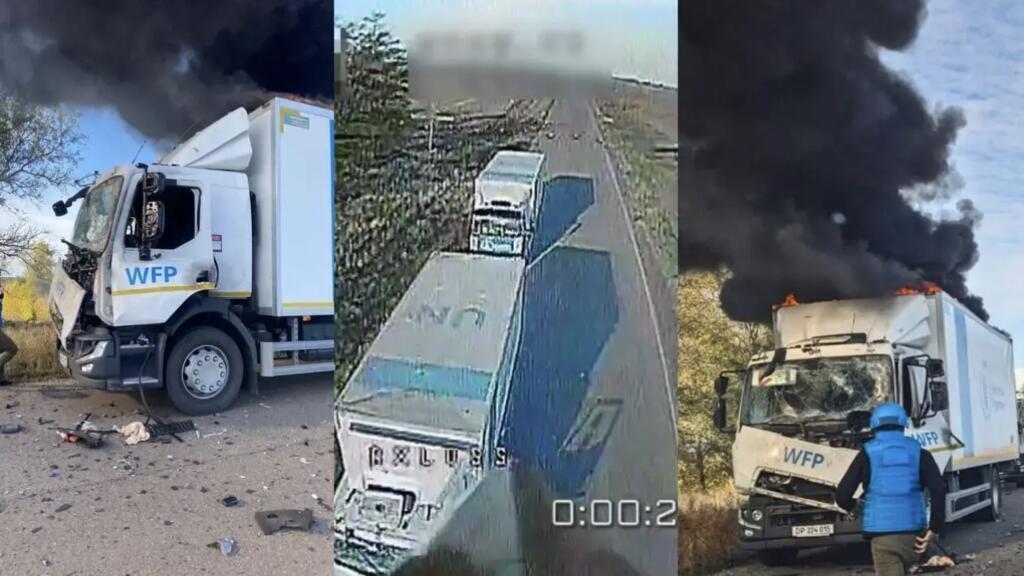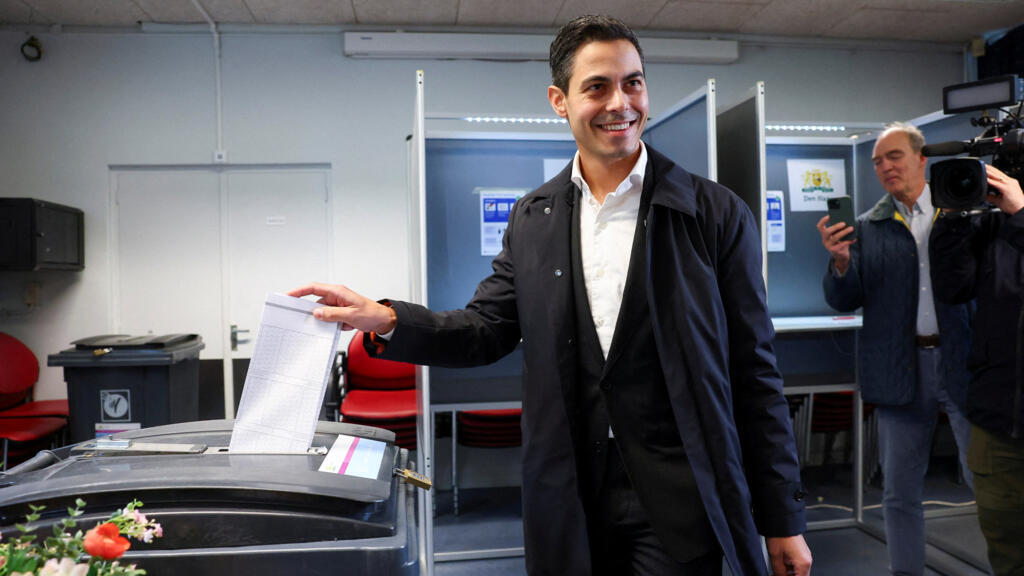On October 14, 2025, a UN humanitarian convoy faced a devastating attack when it was targeted by a coordinated drone strike while on its way to deliver essential supplies to the village of Bilozerka in southern Ukraine. The assault occurred just one kilometer west of the village, illustrating the dangerous and unpredictable conditions under which humanitarian operations are conducted in the region. This incident has raised serious concerns regarding the safety of humanitarian workers and the integrity of aid missions in conflict zones.
The convoy, consisting of clearly marked UN vehicles, was carrying vital supplies intended for the local population, who have been significantly affected by ongoing hostilities. Tragically, the attack damaged two trucks belonging to the United Nations, resulting in the destruction of a substantial portion of their cargo. This loss not only hinders the immediate aid that was scheduled to reach the villagers but also symbolizes the broader implications of escalating violence in the region.
Following the attack, Russian bloggers disseminated footage of the incident online, providing a glimpse into the tactics employed by forces behind these strikes. The videos showcased the precision of the drones used, suggesting a well-coordinated operation aimed not just at military targets, but at humanitarian initiatives as well. This frightening revelation indicates a shift in the nature of warfare, where even aid convoys are not spared from the collateral damage of conflict.
The implications of such an attack are particularly grave. Humanitarian organizations often depend on secure environments to perform their work effectively. The targeting of UN vehicles represents a blatant violation of international norms concerning the protection of humanitarian missions. By deliberately striking a convoy marked with clear insignia indicating its humanitarian purpose, the attackers demonstrate a disregard for the laws of war, which aim to protect non-combatants and humanitarian efforts.
This incident is not isolated; it forms part of a larger pattern of violence affecting humanitarian operations in conflict zones around the world. As tensions continue to escalate in Ukraine, the safety of aid workers and the integrity of their missions remain a top priority for international agencies. The attack on the UN convoy in Bilozerka underscores the urgent need for renewed diplomatic efforts to establish safe passages for humanitarian relief, as well as an essential call for accountability against those who target such vital operations.
The international community must respond to this alarming trend with measured actions that protect humanitarian workers and ensure aid reaches those in need. In light of the Bilozerka incident, calls for stronger protections and enforcements of international humanitarian law have grown louder, emphasizing the necessity for protecting those who strive to alleviate human suffering amid conflict.












